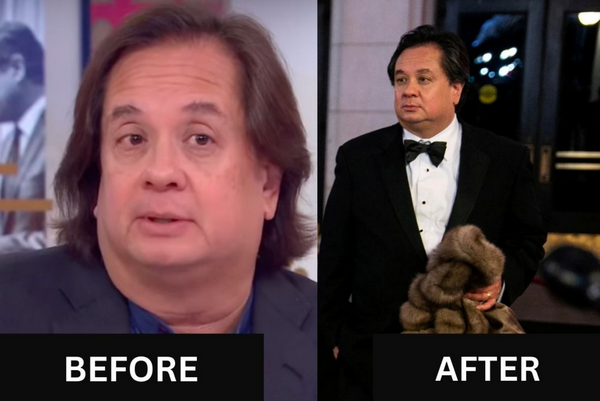
There's new evidence that a strict diet isn't the best way to lose weight
Diets are made to be broken.
At least that's what a small new study, which found that breaking up extended periods of dieting with more normal eating, suggests. People in the study who took two weeks at a time off of their diet lost more weight than peers who stuck to it for the same amount of time. They also kept more of the weight off for longer.
Research has long shown that most diets are plagued by a sad reality — when they end, the people on them almost always gain most or all of the weight back. But the new study offers hope for a possible way to avoid this pitfall.
Best of all, it essentially involves giving yourself a break.
For the study, published this month in Nature's International Journal of Obesity, 51 obese men between 25 and 54 were split into two groups. The first group followed a strict diet that involved slashing their calorie intake by a third of their needs (something called the "energy restriction" phase) for just over 3 and a half months.
The second group followed the same diet, but every two weeks they would take a break from it and go back to eating enough calories to meet their needs (the "energy balance" phase, in the researchers' parlance). The dieters who took breaks stuck to their interval plan for nearly 7 months — twice as long as the plain old dieters — but wound up with the same amount of strict diet time.
At the end of the study, the men on the diet-break-diet plan lost 47% more weight than the men who stuck to the traditional diet. More importantly, they also kept more of the weight off.
"Interrupting energy restriction with energy balance "rest periods" may ... improve weight loss efficiency," the researchers wrote in their paper.
Overriding the body's drive to hold on to fat

Losing weight can often feel like an uphill battle. There's some science that suggests that when we try to coax our bodies into healthy eating, our bodies fight back.
Research shows that people who've lost significant amounts of weight produce fewer of the hormones that make them feel full and more of the hormones that make us feel hungry. There’s also evidence that the metabolism slows down, perhaps because strict dieting convinces the body that it is starving, leading it to run as efficiently as it can and burn the fewest calories possible.
But the new study suggests it may be possible to trip those wires.
The clue to this possibility was in the last phase of the study, Krista Varady, a professor of nutrition who studies another type of dieting for weight loss known as intermittent fasting, told Newsweek.
Towards the end of the interval dieters' eating plan — around the time where most dieters stop losing or even sometimes regain weight, also known as the "dieting plateau" — the men in the study were still shedding pounds.
"Somehow they’re kind of keeping the body on its toes," she said.
Another potential advantage of the interval plan is that it could be easier to maintain than a traditional diet. While it might sound like a minor problem, sticking to a diet, something nutritionists call "diet adherence," is really important when it comes to losing weight and keeping it off.
For a recent study published in the Journal of the American Medical Association, out of 160 adults who tried one of four popular diets, more than half of the participants in one group dropped out before the study ended.
Andy Bellatti, a registered dietitian and the cofounder of Dietitians for Professional Integrity, told Business Insider that it's something he sees all the time with the people he works with, suggesting that a more sustainable weight loss plan involves incremental, long-term changes that someone can stick to for life.
"I know many people who’ve gone on some kind of crash diet for a week and lost a bunch of weight and a few months later they’re back to square one," said Bellati.
Instead of encouraging his clients to try something extreme, he advises taking small steps toward weight loss that can be maintained for the long haul. "I'd say 9 times out of 10 the people who change slowly and do manageable goals are the people who 3 years out still have success," he said.











